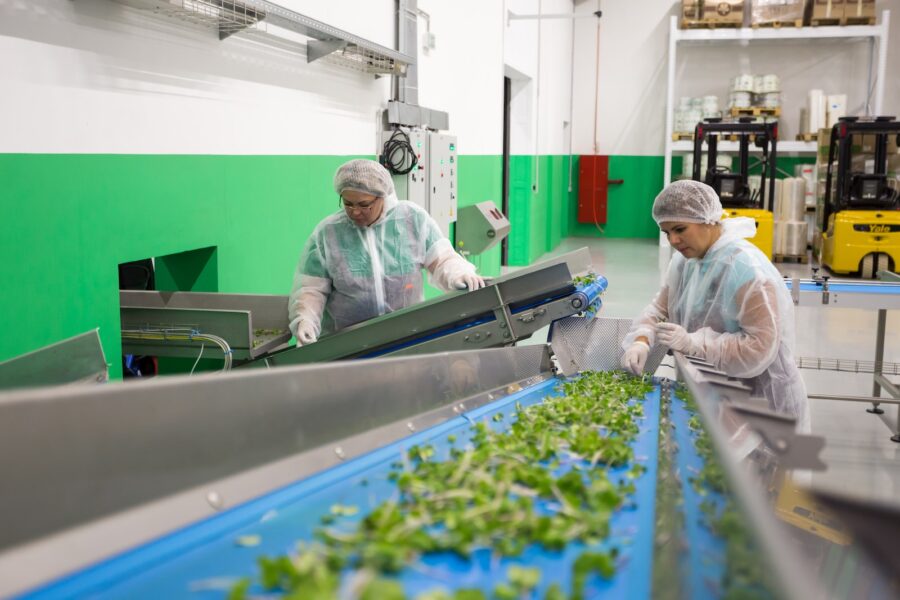More than four million Americans are quitting their jobs every month, but the so-called Great Resignation could slow soon amid fears of a recession.
The latest Labor Department figures showed 4.3 million Americans quit their jobs in May, a monthly figure that has remained relatively steady for nearly a year.
Millions of Americans reassessed their lives during the pandemic: Highly paid workers re-examined whether they really wanted to put in that many hours while low-wage employees, many of whom were laid off as businesses shut down, decided the hassles and lack of security just weren’t worth it and set their sights higher.
“Years ago, people thought of a job as a place to get paid. Today, it’s a place to build community, friendships, and an opportunity to have an impact on the issues they care about,” John Frehse, head of the labor strategy practice at Ankura and a board member of The Workforce Institute think tank, told The Food Institute.
Millennials appear at the forefront of the exodus.
“Millennials, in particular, are still making significant waves with regard to the Great Resignation. Many are considering entrepreneurship as an alternative to getting back into the 9-to-5 hustle. Others are seeking roles in smaller companies with less dysfunctional cultures,” said Brandi Baldwin, former lecturer at The Wharton School-University of Pennsylvania.
The latest Joblist 2022 Job Market Trends Report found 75% of full-time employees utilizing the site planned to quit their jobs this year, with 79% citing pay.
“As long as the market rewards job switching with career advancement and pay increases, employees will continue to feel empowered to pursue this path. I do not see this dynamic changing anytime soon,” Joblist CEO Kevin Harrington said. “Job openings are close to record levels, and with the rise of remote work, it’s never been easier for high-performing employees to switch jobs.”
In the food and beverage industry, throwing money in the form of higher wages is just a first step in stemming the desertion rate, said Ben Ellsworth, a former chef who now runs the hospitality staffing app Gigpro. Ellsworth noted restaurants have the highest quit rate of any industry at 6.9%.
“Polling suggests the ones who left the industry are not coming back. A sense of security is a basic human instinct, it’s ingrained in our DNA. If we don’t have a sense of security, we will search for it, and will not stay put until we find it,” he said adding major changes are still needed, especially with regard to health benefits and other resources to help people manage their lives.
However, careers and hiring specialist Ciarán Hourican of H-Training said he sees definite signs the resignation wave is slowing.
“The last two months, in particular, we’ve witnessed a severe dropoff. We’re attributing this to the war in Ukraine, the ongoing effects of the pandemic and the ever-looming threat of a recession,” Hourican said. “Employees are now far more likely to stick where they are due to a fear of job losses. No one wants to be caught in a last-one-in-first-one-out situation just after moving jobs.”












